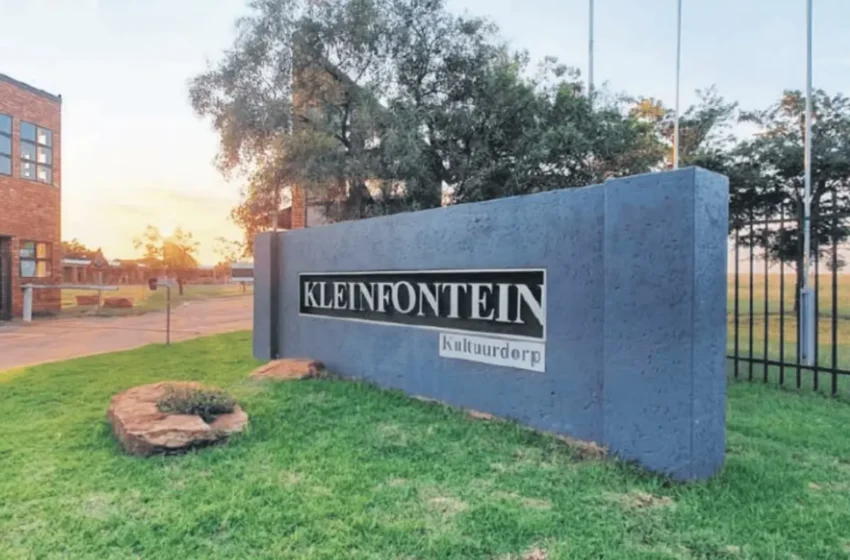Kleinfontein court battle: What it means for homeowners in Tshwane

Tshwane threatens demolition of the Kleinfontein whites-only settlement east of Pretoria amid legal battle over township formalisation.
The City of Tshwane has taken decisive legal action against the controversial Kleinfontein Afrikaner settlement east of Pretoria, demanding that its decade-old township application be resubmitted in line with current legislation.
If Kleinfontein fails to comply within 30 days, the metro warns it will seek a court order to demolish unlawfully constructed buildings — a move that could spell the end of the whites-only community.
The case before the court
The municipality has filed an urgent application in the Gauteng High Court, insisting that Kleinfontein Aandeleblok (Pty) Ltd update its 2013 submission, originally lodged under the now-defunct Development Facilitation Act (DFA). Tshwane argues that under the Spatial Planning and Land Use Management Act (SPLUMA) and municipal by-laws, fresh information is required before any township establishment can be considered.
City officials say the 650-unit enclave, complete with a shopping centre, old-age home, light industrial area, and a school building, has been operating outside the law for decades. Court papers accuse Kleinfontein of being a “criminal enterprise” that has sidestepped building approvals, zoning requirements, environmental assessments, and infrastructure planning.
Residents push back
Kleinfontein residents argue their original application has been in government hands since 2013 and claim Tshwane is acting with “political malice” against a cultural community. The settlement restricts entry to Afrikaners, controls land via a shareholding scheme rather than title deeds, and prohibits non-Afrikaner labour.
Board chair Rian Genis told residents that while the city’s demand would make the process more expensive, the court case could finally clarify which laws apply. “We are committed to legalisation, but the threat of demolition is unrealistic,” he said.
Why Tshwane says it matters
According to Tshwane’s head of economic development, Makgorometje Makgata, Kleinfontein’s illegal status means the metro was deprived of the chance to:
- test land suitability and layout,
- evaluate access to water and services,
- impose financial contributions, and
- enforce environmental and building controls.
He stressed that Kleinfontein lies outside the urban edge and far from municipal infrastructure, making formal approval highly unlikely without alternative service provision.
What’s at stake
The municipality has also asked the court to:
- ban further sale of shares or “plots” in Kleinfontein,
- stop all new building work, and
- force Kleinfontein to cover Tshwane’s legal costs.
The Kleinfontein board has vowed to resist the metro’s “aggressive approach” and continue defending residents’ rights to their homes.
The High Court ruling is expected to set a precedent for at least 17 other illegal developments in Tshwane.

